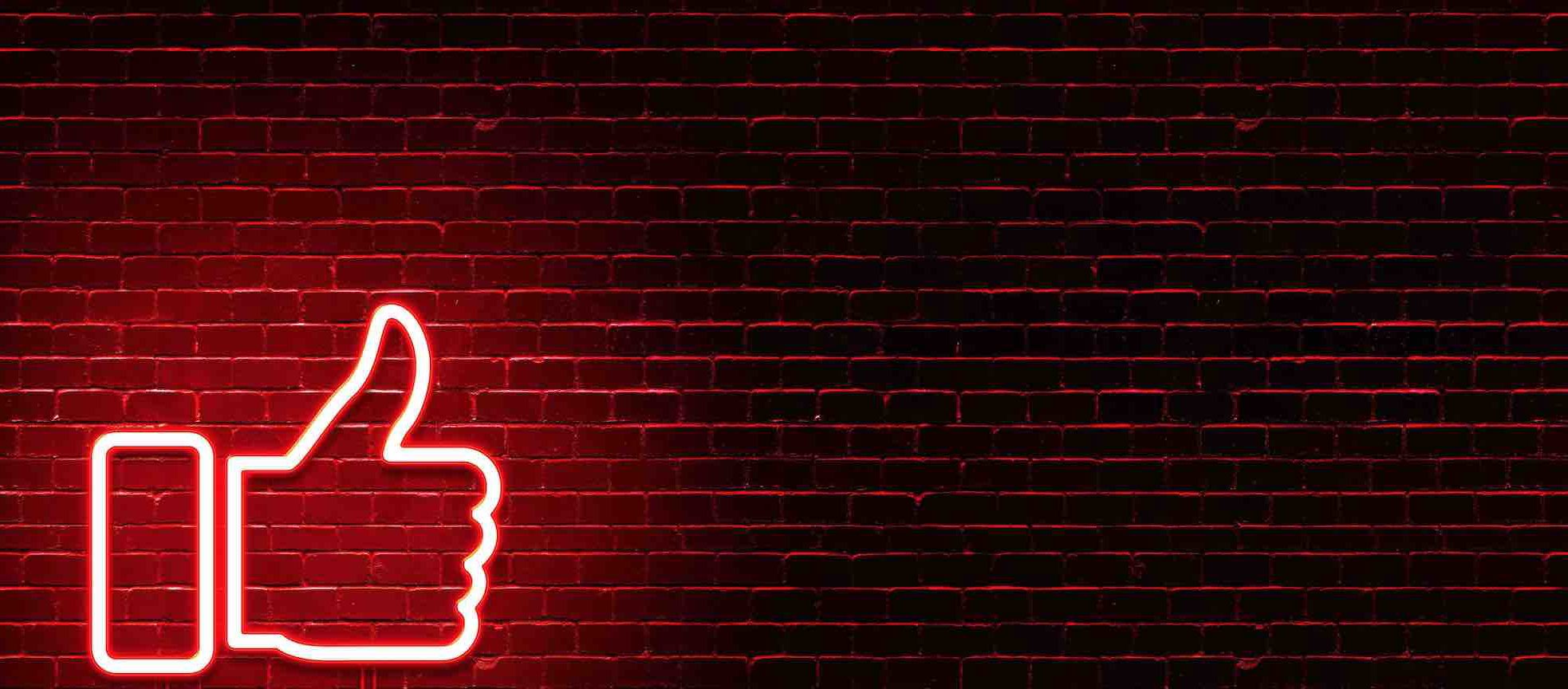As of the end of 2018, the social media website Facebook had 2.32 billion monthly active users worldwide. Many of Facebook’s basic functions are within the public consciousness. Once you start “friending” other users, Facebook can recommend other users to friend, show friends’ updates in your newsfeed, and suggest relevant groups to join, among other functions. At least since 2017, the website’s capabilities have moved beyond building friend and group networks, and into a complicated public health role of user suicide risk monitoring.
Image Source: Janine Schmitz
Facebook stated that it works with suicide prevention experts to create an efficient, comprehensive program to connect distressed users with friends and helpline contact information. The company also mentioned Facebook teams that are specialized to review the most urgent cases.
Image Source: praetorianphoto
Some mental health experts and police officials noted Facebook has had some success in aiding law enforcement in finding and stopping suicide attempts. Other mental health experts who are more critical warn that the company’s calls to police could have harmful consequences such as unintentionally causing suicide, or causing nonsuicidal people to undergo unnecessary psychiatric evaluations. Facebook’s lack of transparency has also been noted, as the company has not shared the exact process for user risk reviewers deciding whether to notify emergency responders. In reference to Facebook’s suicide watch having visible consequences and effects for the public without the company revealing to the public the exact details of their program’s processes, Dr. John Torous, director of the digital psychiatry division at Boston’s Beth Israel Deaconess Medical Center, remarks, “It’s hard to know what Facebook is actually picking up on, what they are actually acting on, and are they giving the appropriate response to the appropriate risk. It’s black box medicine.”
Health law scholar Mason Marks, a fellow at Yale Law School and New York University School of Law, pairs his own criticism with a call to action, specifically government regulation of Facebook. This regulation should require Facebook to release their suicide prevention program safety and effectiveness evidence, which Marks argues is necessary because the company’s suicide risk scoring software essentially constitutes the practice of medicine. “In this climate in which trust in Facebook is really eroding, it concerns me that Facebook is just saying, ‘Trust us here,'” he states.
Feature Image Source: abdullah – stock.adobe.com.










